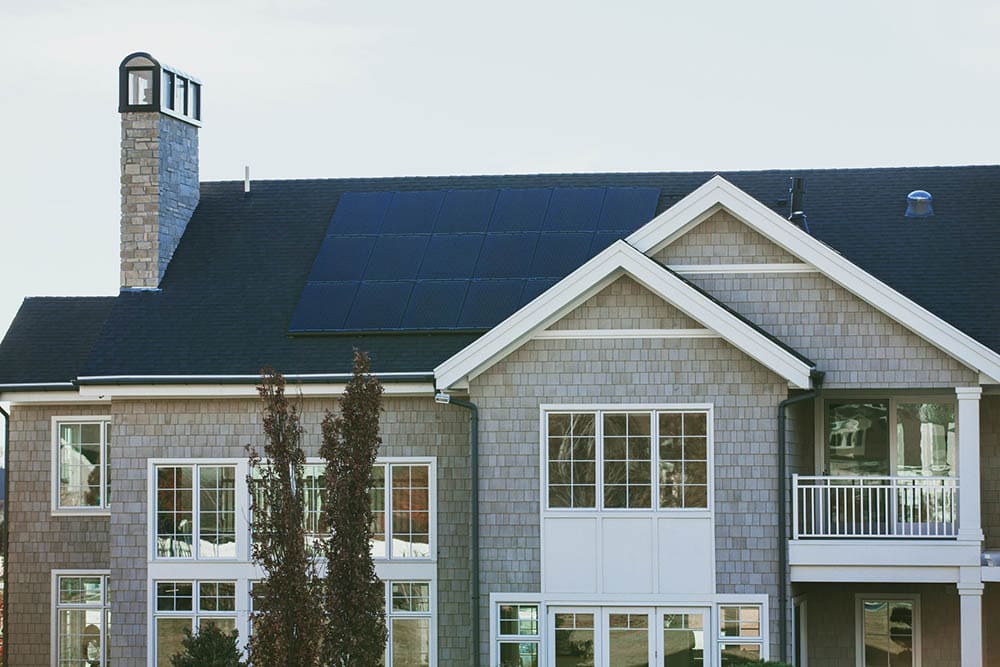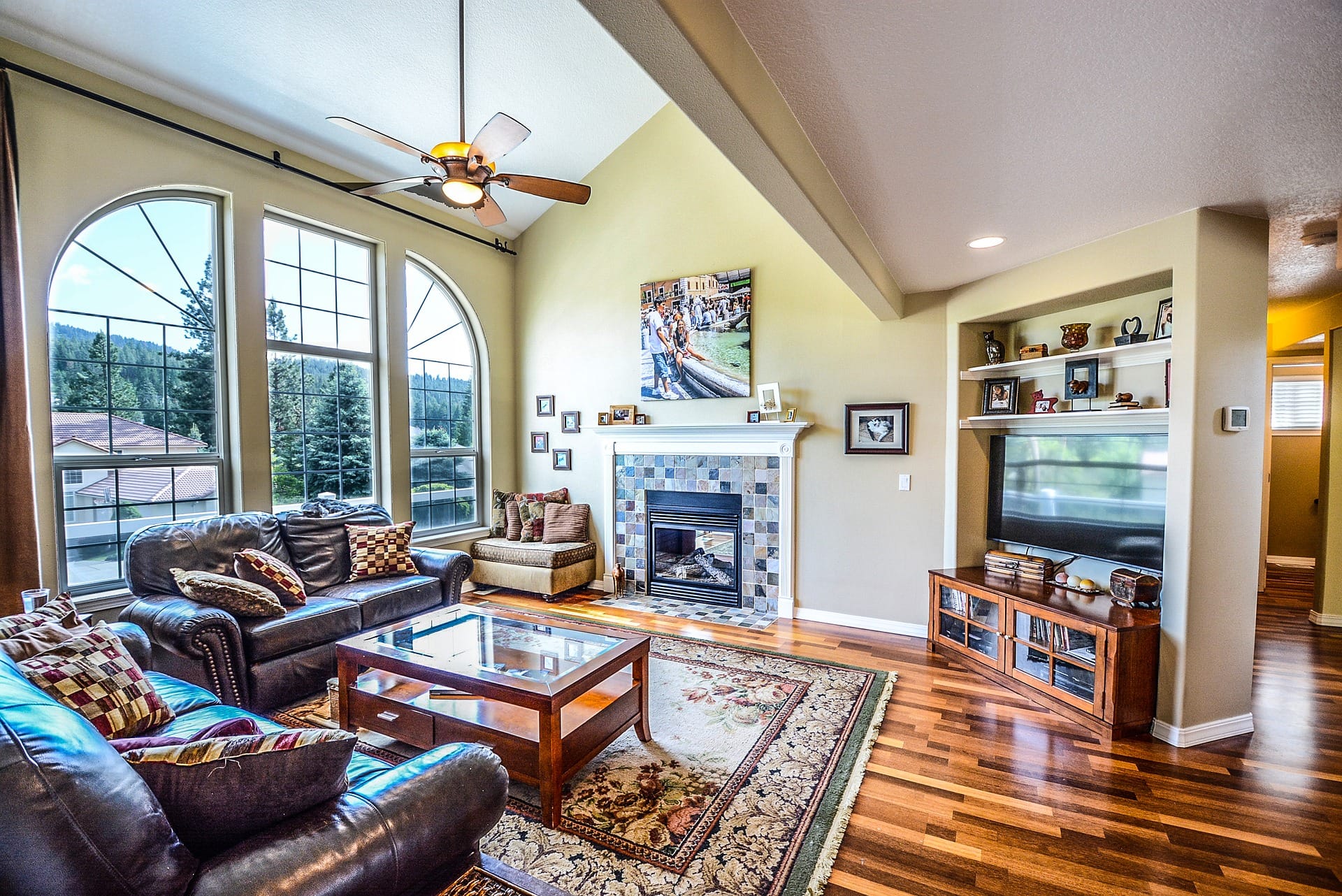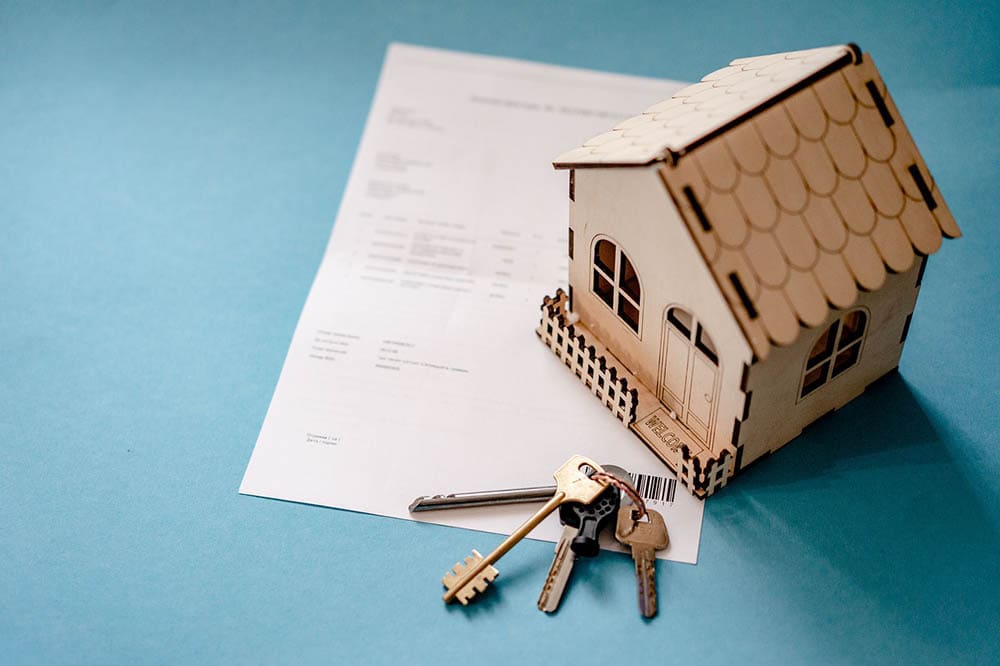Modular Home vs. Manufactured Home: What Is the Difference?
-
Pete Ortiz
- Last updated:

When you think of prebuilt homes, your mind probably automatically goes to mobile homes, which are technically manufactured homes. What a lot of people don’t know is that prebuilt homes have two main types: manufactured and modular.
While both of these come from factories, modular homes typically come in pieces that are assembled onsite. On the other hand, manufactured homes akin to modern-day mobile homes usually come in one piece.
Both of these can be customized to fit any customer’s needs, especially modular homes. Manufactured homes used to all look alike, like mobile homes, but nowadays have lots of bells and whistles you can choose from.
It can be a bit tricky to spot the differences between a modular and manufactured home, so let’s take a look at how the two differ.
 What Is a Modular Home?
What Is a Modular Home?
Modular homes are harder to spot in the wild because they consist of multiple factory-built pieces that fit together to become a house. Modular homes are assembled on either a permanent chassis (“on-chassis”) or a temporary one (“off-chassis”) that can allow the home to be relocated.
How It’s Built
Modular homes are built in pieces at a factory, and then they’re shipped to a piece of land (either leased or owned) and assembled on a foundation or chassis. The way that modular homes are built allows for unique customizations like basements, porches, bay windows, and more. In fact, modular homes usually have more floor plans to choose from than manufactured homes, which means your home is less likely to be identified as modular.
Code Requirements
Depending on where it was manufactured and assembled, a modular home is beholden to either local, state, or regional housing standards. While many states adopt federal U.S. Department of Housing and Urban Development (HUD) standards, they’re not universal. Research your locality’s building code standards for modular homes to determine if they adopt HUD standards or not.
Modular homes usually get safety certifications that are affixed to their exterior, but they may not be red like the federal HUD sticker.

Resale Value
Modular homes are becoming increasingly popular as people are beginning to realize their supreme customizability. As a result, modular homes can appreciate within the housing market like any ‘regular’ house. Modular homes are generally better investments than manufactured homes, although they’re pricier.
Financing
Modular homes typically have the same financing options as site-built homes, which means that it can sometimes be easier to get a loan for a modular home than for a manufactured or mobile home. Of course, the price will be much higher over time.
- Customizable (decks, porches, basements, garages, etc.)
- Appreciate in value
- Indistinguishable from site-built homes
- Have a traditional foundation
- More expensive over time
- May or may not meet HUD safety standards
- Have to find land
What Is a Manufactured Home?
A manufactured home is more akin to the double wide trailers of past eras, but recent technological advances have made manufactured homes more customizable than ever. There are usually multiple floor plans available but limited architectural freedom. You can usually identify a manufactured home when driving past.
How It’s Built
Manufactured homes are completely built within factories and then transported to a site, where they function as a home. These homes usually come with wheels that make them relocatable later, but many people simply remove the wheels once it’s on-site.
Code Requirements
Rigorous federal building code standards set forth by the HUD mean that every manufactured home adheres to federal safety standards. The HUD certifies manufactured homes that meet requirements with a distinctive red HUD sticker; this sticker is usually displayed on either side of a trailer-style manufactured home.
Resale Value
Although building standards are much stronger than they used to be, manufactured homes depreciate very quickly because they’re perceived as poorly built. Unlike modular homes, manufactured homes typically don’t keep up with the rest of the housing market.
Unfortunately, the tradeoff for a cheaper home comes with the huge caveat that it won’t appreciate as a normal home would. Keep this in mind if you’re interested in homes as investments because these aren’t traditional assets.

Financing
Financing for manufactured homes is tricky because many lenders don’t see them as ‘real’ homes because the land on them is usually rented or leased. A traditional or modular home loan is secured by the land attached to the property, whereas you can literally pick up and move a manufactured home.
Financing manufactured homes isn’t as valuable for lenders. There are lenders who offer manufactured home loans, but you may have a harder time finding one. Many mobile homes can be bought or sold outright for reasonable sums.
- Cheap
- Adheres to strict HUD safety building codes
- Mobile
- Customizable
- Typically depreciate over time
- Deteriorate faster than modular homes
- Stigma from people who think they’re not ‘real houses’
Featured Image Credit: Vivint Solar, Unsplash
Contents

 What Is a Modular Home?
What Is a Modular Home?